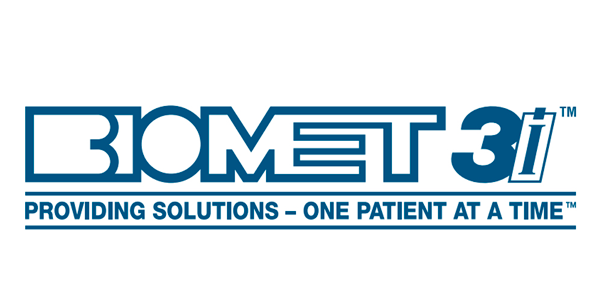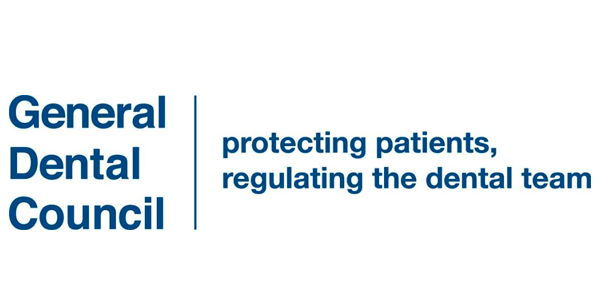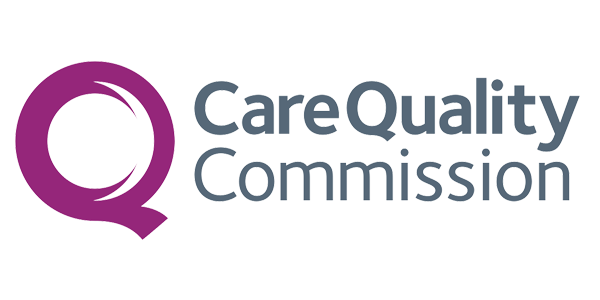As we journey through life, our bodies undergo changes that require special attention and care. This truth holds for every aspect of our health, including our oral well-being. The golden years are a time to enjoy the fruits of a life well-lived, and maintaining good oral health is a key component of aging gracefully. In this article, we’ll explore some of the oral health concerns that the elderly may face and offer insights into how to address them effectively.
1. Tooth Decay and Cavities
Even though aging teeth are less prone to cavities, they’re not immune to tooth decay. Dry mouth, a common side effect of many medications seniors take, can accelerate tooth decay. Regular dental check-ups, proper oral hygiene practices, and fluoride treatments can help prevent cavities from taking hold.
2. Gum Disease (Periodontal Disease)
Gum disease becomes a more significant concern as we age. It can lead to tooth loss and even impact overall health by contributing to conditions like diabetes and heart disease. Regular brushing, flossing, and professional cleanings are crucial to maintaining healthy gums. For seniors with dexterity challenges, using adapted oral hygiene tools can be beneficial.
3. Dry Mouth (Xerostomia)
Dry mouth is a common issue among the elderly, often caused by medications or certain medical conditions. Saliva plays a vital role in protecting teeth and gums, so its reduction can lead to an increased risk of cavities and gum disease. Staying hydrated, using sugar-free gum or lozenges, and discussing potential medication adjustments with healthcare providers can help manage dry mouth.
4. Tooth Sensitivity
Age-related enamel wear can lead to increased tooth sensitivity. Seniors might experience discomfort when consuming hot, cold, sweet, or acidic foods and beverages. Using desensitising toothpaste and avoiding overly abrasive oral care products can provide relief.
5. Tooth Loss
Tooth loss can impact oral function, appearance, and self-confidence. Seniors should explore options such as dental implants, bridges, or dentures to restore their smile and maintain the ability to chew comfortably.
6. Oral Cancer
The risk of oral cancer increases with age. Regular dental check-ups include screenings for oral cancer, allowing for early detection and treatment if necessary.
7. Cognitive and Physical Challenges
Seniors with cognitive or physical impairments might find it challenging to maintain proper oral hygiene. Caregivers should assist with brushing and flossing as needed and ensure dental visits remain a priority.
8. Nutrition and Diet
As we age, dietary changes can impact oral health. A balanced diet rich in vitamins and minerals supports gum health and prevents nutritional deficiencies that can weaken teeth and gums.
9. Maintaining Dentures
For those with dentures, proper maintenance is vital. Dentures should be cleaned daily, and regular check-ups with a dentist ensure they fit well and don’t cause discomfort.
10. Regular Dental Check-ups
Continuing to visit the dentist regularly is critical for seniors. These visits allow dentists to monitor oral health, identify issues early, and recommend appropriate treatments.
In conclusion, aging gracefully includes taking care of your oral health. With proper attention and care, seniors can enjoy their golden years with a healthy and radiant smile. Regular dental visits, a commitment to oral hygiene, and addressing concerns promptly contribute to maintaining a strong and vibrant oral health regimen as we age. Remember, a healthy smile is a beautiful and enduring asset at any stage of life.






